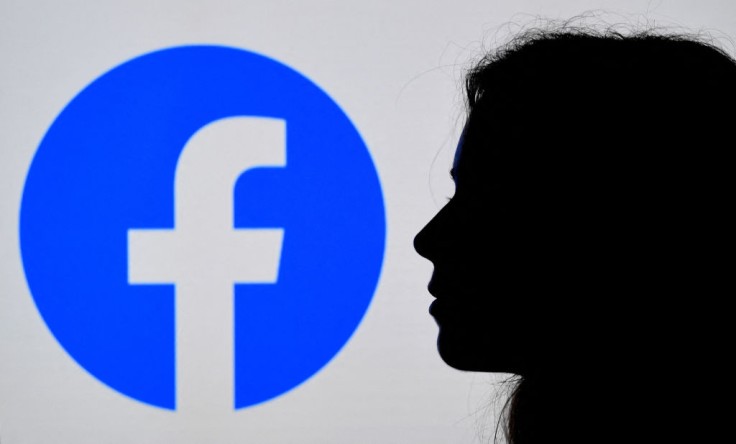
Over the years, Facebook has been suspected to be harmful to its users. A study proved that this suspicion is real and that the social media company is aware that the app has been toxic to about 360 million users.
Facebook Toxic for 360 million Users Worldwide
According to Wall Street Journal, a survey was conducted by several researchers of Facebook which showed that around 12 percent of more than 2 billion users of the app were negatively impacted by using the platform. This only means that over 360 million people across the planet were affected by Facebook toxicity.
The Facebook researchers also discovered the source of the problem, which they identified as "problematic use," also known as internet addiction. According to internal Facebook documents obtained by some media, the stated internet addiction affected people's sleep, job, relationships and parenting.
According to Mental Health America, some people discovered that going online has become an addiction. Additionally, it stated that people who are addicted to the Internet have difficulty fulfilling personal and professional obligations--which eventually strains relationships with family and friends because of their online activities and their use of the Internet.
Once people who are hooked to the online world experience internet restriction, they usually suffer from negative emotions or withdrawal symptoms.
In addition to this, there are other terms for internet addiction including computer addiction, compulsive internet use, problematic internet use (PIU), internet dependency, and pathological internet.
Meanwhile, the study also compared FB to other internet sites such as YouTube, Reddit and the MMO World of Warcraft (WoW). Surprisingly, the research revealed that Facebook users perceived lower well-being and increasingly problematic use of the app as compared to any other website.
Read Also : How Much Tesla Stock Does Elon Musk Own?
Facebook Responds to Reported Toxicity
After Wall Street Journal published the article, Facebook vice president and head of research Pratiti Raychoudhury released a statement that reads, "The WSJ Report Ignores Our Approach to Well-Being Research." In the released statement, it addressed the published report regarding the Facebook toxic issue.
"The Wall Street Journal has once again chosen to selectively pick and choose from internal company documents to present a narrative that is simply wrong about how we use research to address an important issue - this time about problematic use," the Facebook vice president furthered on the statement.
Raychoudhury wrote that addiction is not the same as problematic use and the relationship of people with various technologies, such as televisions and cellphones, has been also described as "problematic use." He added that the social media giant has included tools and controls to help individuals manage when and how they use their services.
The head of research also pointed out that they have a dedicated team working across their platforms to better understand the stated issues and ensure that users are using their products in meaningful ways.
Raychoudhury clarified that they have been researching the well-being of Facebook users for over a decade and they will continue to do so in the future.
Most importantly, Facebook built features to make it easier for people to manage their interactions with the app and services that the social media giant brings. Furthermore, they have developed nearly 10 items to better assist the well-being of the people since 2018, including the problematic use of the apps.
In a closing statement, Raychoudhury indicated that platforms like Facebook can still play a part in resolving the issues. For many years, they have been resolving this kind of concern.
Related Article: Facebook Hate? Teens Show Dislike for FB, Twitter in Shocking Survey









